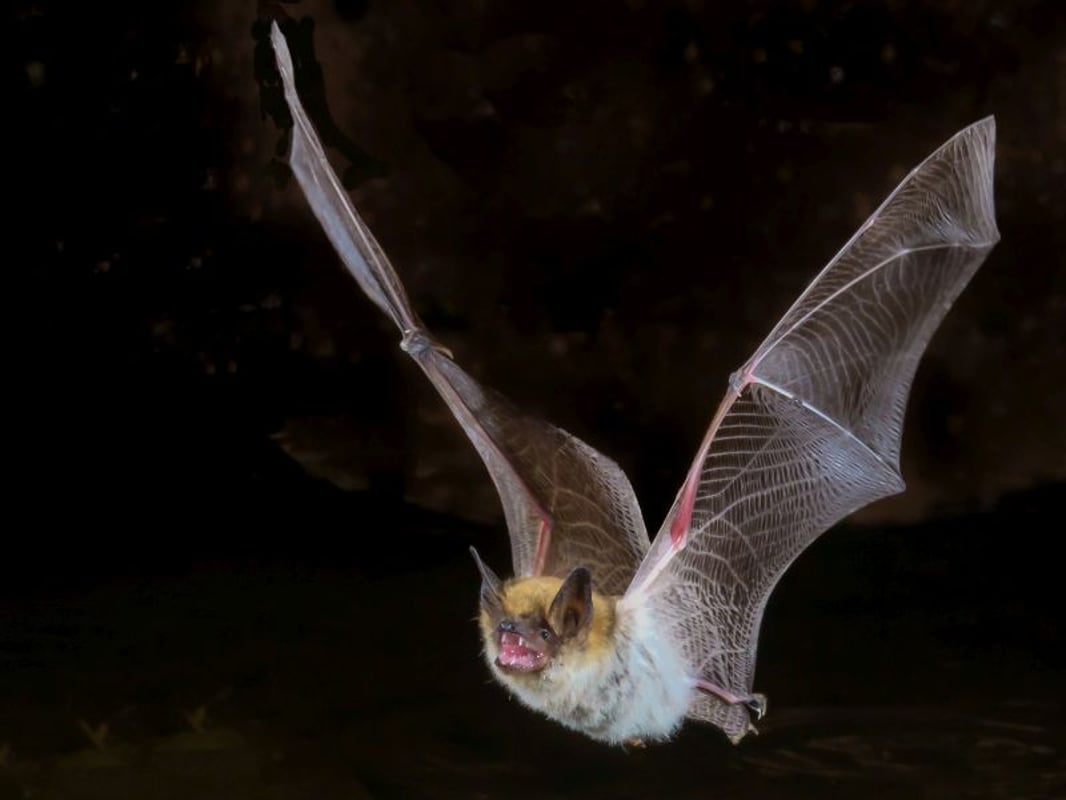Bats Don’t Get Cancer, and Scientists Are Closer to Understanding Why

WEDNESDAY, Sept. 20, 2023 (HealthDay News) -- Bats have an extraordinary ability to avoid cancer and handle infections, and researchers now think they might know why.
Specific genetic adaptations caused by rapid evolution have made bats extremely cancer-resistant, researchers report in the Sept. 20 issue of the journal Genome Biology and Evolution.
“By generating these new bat genomes and comparing them to other mammals we continue to find extraordinary new adaptations in antiviral and anticancer genes,” said lead author Armin Scheben, a postdoctoral research fellow at Cold Spring Harbor Laboratory in Woodbury, N.Y.
“These investigations are the first step towards translating research on the unique biology of bats into insights relevant to understanding and treating aging and diseases, such as cancer, in humans,” Scheben said in a journal news release.
Bats are exceptional among mammals, the researchers said in background notes. Not only can they fly, but they also have long lives, low cancer rates and robust immune systems.
In fact, their immune systems are a reason why bats tend to serve as a viral vector for diseases like the COVID virus, researchers said. Because they can tolerate infections, they serve as perfect hosts for spreading viruses.
For this study, researchers sequenced the genomes of two bat species -- the Jamaican fruit bat and the Mesoamerican mustached bat. They then carried out a comprehensive comparative genomic analysis with a diverse collection of bats and other mammals.
Their genetic analysis revealed specific adaptations in six DNA repair-related proteins and 46 cancer-suppression proteins in bats.
Further, bats had twice as many of these cancer-related genes compared to other mammals, researchers found.
These characteristics make bats an interesting animal to investigate, because they may have implications for human health, researchers said.
Researchers might be able to prevent cross-species disease jumps from animals into people if they better understanding the mechanisms of the bat immune system.
Comparative genetic analyses of bats with other mammals more susceptible to cancer also could eventually yield new information on the causes of cancer and the links between cancer and immunity.
More information
The U.S. National Cancer Institute has more about immunotherapy for cancer.
SOURCE: Genome Biology and Evolution, news release, Sept. 20, 2023
Related Posts
Prevalence of Smoking 28.1 Percent in Underserved Communities
MONDAY, March 7, 2022 (HealthDay News) -- In underserved communities, the...
La ciencia revela un factor clave del Alzheimer, y cómo un fármaco recién aprobado podría combatirlo
MIÉRCOLES, 10 de mayo de 2023 (HealthDay News) -- Por primera vez, los...
Minority Patients Less Likely to Get Newer Alzheimer’s Meds
TUESDAY, Oct. 4, 2022 (HealthDay News) -- While certain minority groups are more...
Appeals Court Backs Florida’s Ban on School Mask Mandates
MONDAY, Sept. 13, 2021 (HealthDay News) -- The law on whether or not students in...
